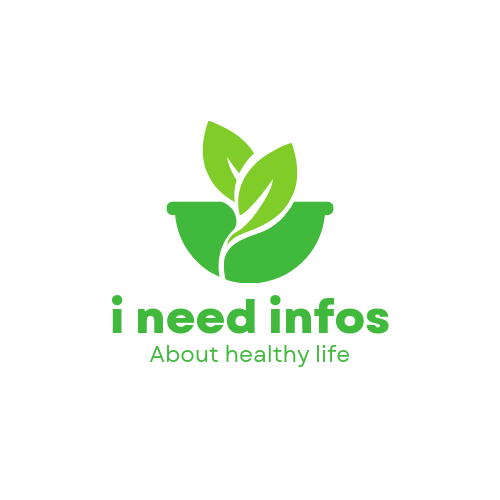The Bitter Truth About Sugar - How It Affects Your Health and What You Can Do to Reduce Intake
The Bitter Truth About Sugar - How It Affects Your Health and What You Can Do to Reduce Intake
Sugar, the sweet poison that's lurking in almost every food and beverage we consume, has become a major concern for health experts worldwide. While it provides a burst of energy and a sense of pleasure, excessive consumption can have devastating consequences for our overall well-being.
 |
| How It Affects Your Health and What You Can Do to Reduce Intake |
The Dark Side of Sugar
1.Obesity
Sugar is a primary culprit in the obesity epidemic, contributing to a staggering 40% of cases. Excess weight increases the risk of heart disease, type 2 diabetes, and some types of cancer.
2.Diabetes
High sugar intake can lead to insulin resistance, a hallmark of type 2 diabetes, affecting millions of people globally.
3.Heart Disease
Sugar can raise triglyceride levels and LDL (bad) cholesterol, increasing the risk of heart disease and stroke.
4.Brain Health
Excessive sugar consumption can impair cognitive function, memory, and learning and contribute to age-related cognitive decline.
5.Dental Health
Sugar is the primary cause of tooth decay, a major oral health issue affecting both children and adults.
6.Skin Health
Sugar can accelerate skin aging by damaging collagen and elastin, leading to wrinkles, sagging skin, and acne.
7.Kicking the Sugar Habit
Reducing sugar intake is crucial for maintaining good health. Here are a few successful tactics:
8.Cut Back on Sugary Drinks
Soda, juice, and sports drinks are loaded with sugar. Choose coffee, unsweetened tea, or water in its place.
9.Read food labels
sugar hides in many processed foods. Scrutinize labels for added sugars and choose products with a lower sugar content.
10.Choose Natural Sweeteners
Replace refined sugar with natural alternatives like honey, maple syrup, or stevia in moderation.
Cook at Home: Preparing meals at home gives you control over ingredients and sugar content.
11.Snack Smart
Instead of sugary snacks, reach for fruits, vegetables, nuts, or seeds.
12.Manage Stress
Chronic stress can elevate cortisol levels, triggering sugar cravings. Practice relaxation techniques like yoga or meditation.
13.Get Enough Sleep
Sleep deprivation can disrupt hormones that regulate appetite and increase sugar cravings. Aim for 7-8 hours of quality sleep.
14.Seek Support
If you struggle with sugar addiction, consider joining support groups or seeking professional help from a registered dietitian or nutritionist.
Conclusion
While sugar offers a temporary sense of pleasure, its long-term effects on health are far from sweet. By adopting a mindful approach to sugar consumption and implementing effective strategies to reduce intake, we can pave the way for a healthier, happier life.
Frequently Asked Questions
What is the recommended daily sugar intake?
The World Health Organization recommends limiting free sugar intake to less than 10% of total daily energy intake, ideally 5%.
What are some hidden sources of sugar in foods?
Sugar can be disguised in various forms, including:
High-fructose corn syrup
Sucrose
Dextrose
Maltose
Glucose
Lactose
What are some health benefits of reducing sugar intake?
Weight loss
Improved blood sugar control
Reduced risk of heart disease
Increased energy levels
Improved skin health
Enhanced cognitive function
Better mood and mental health.



.jpg)
.jpg)

